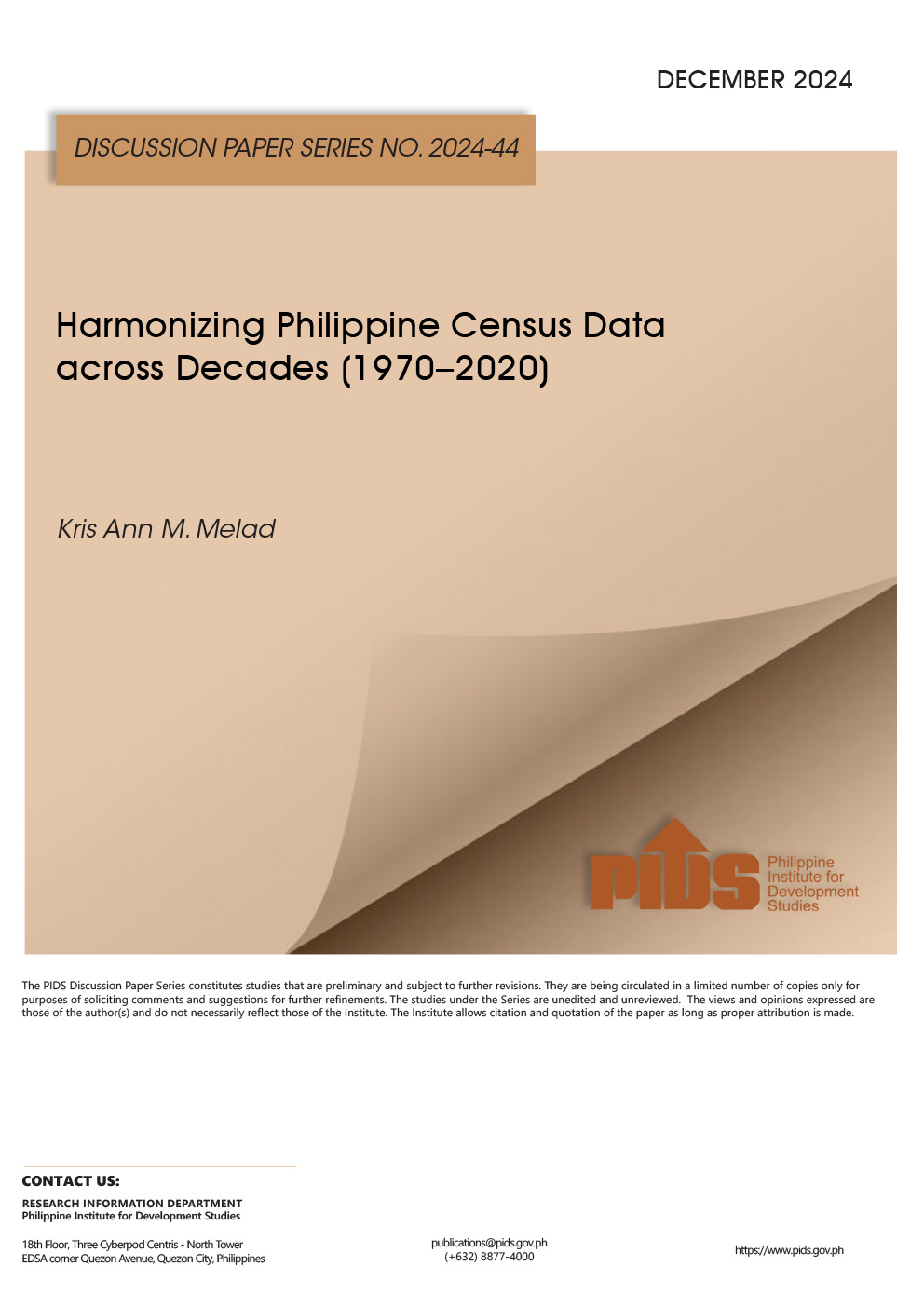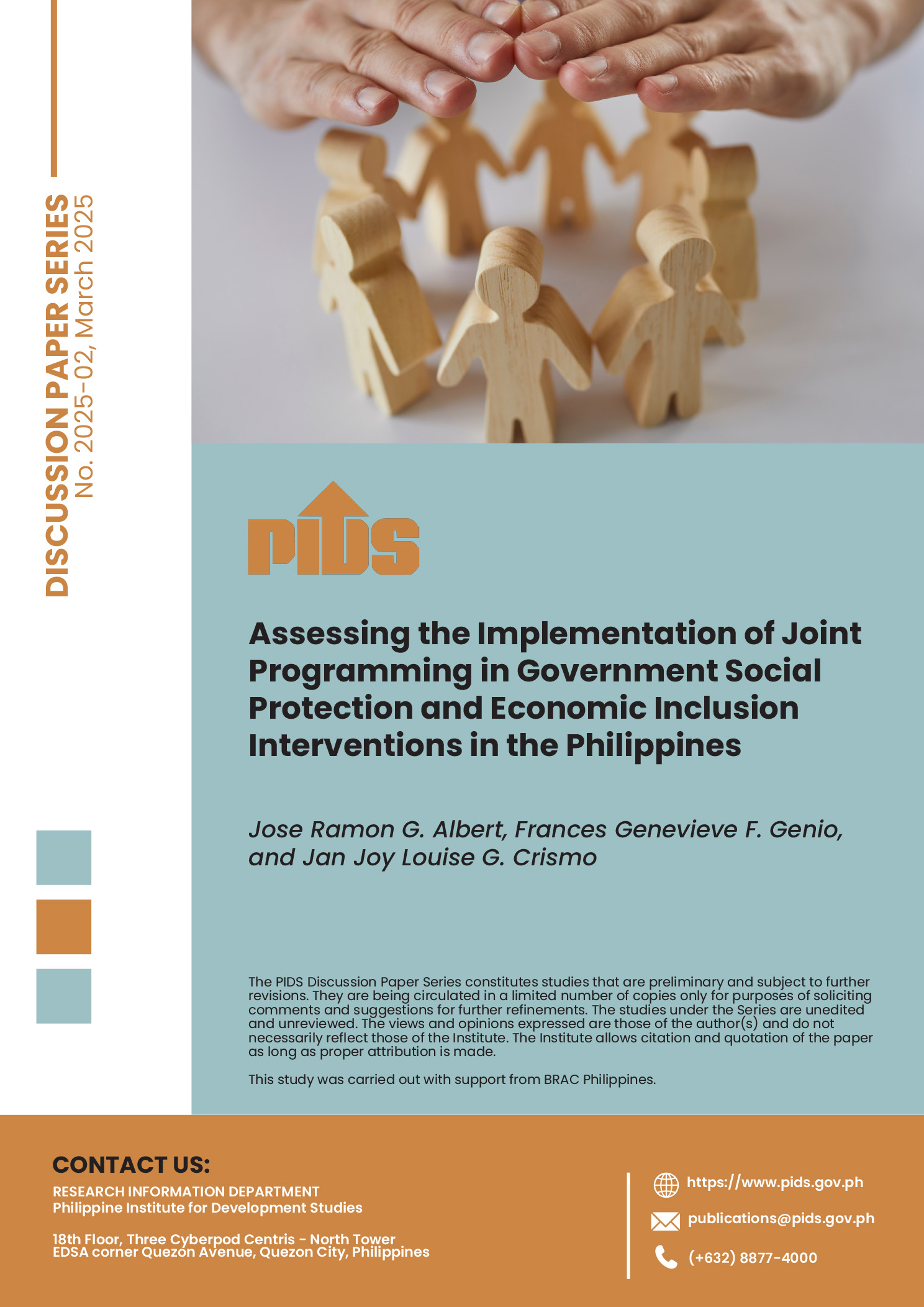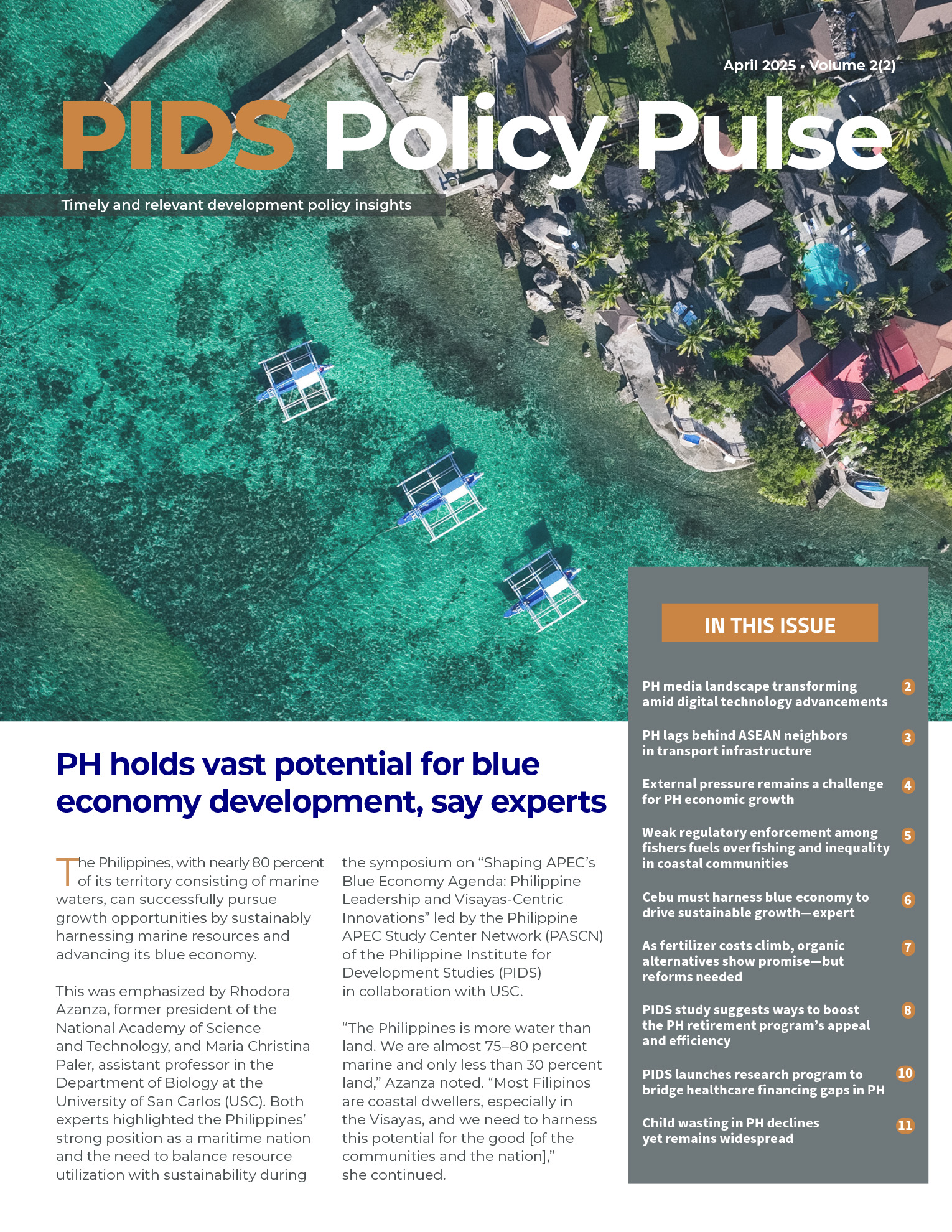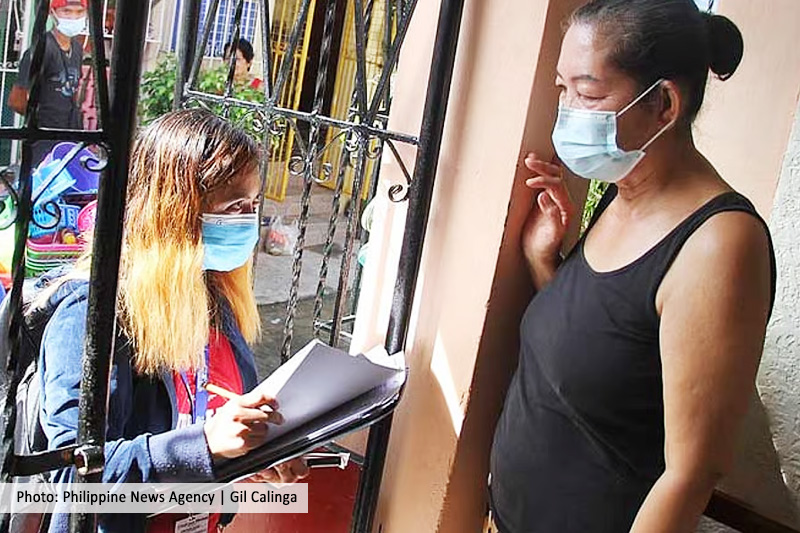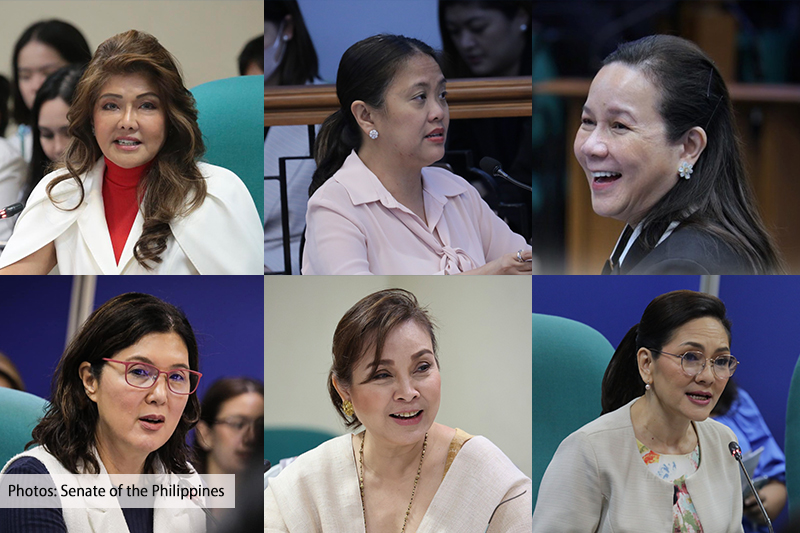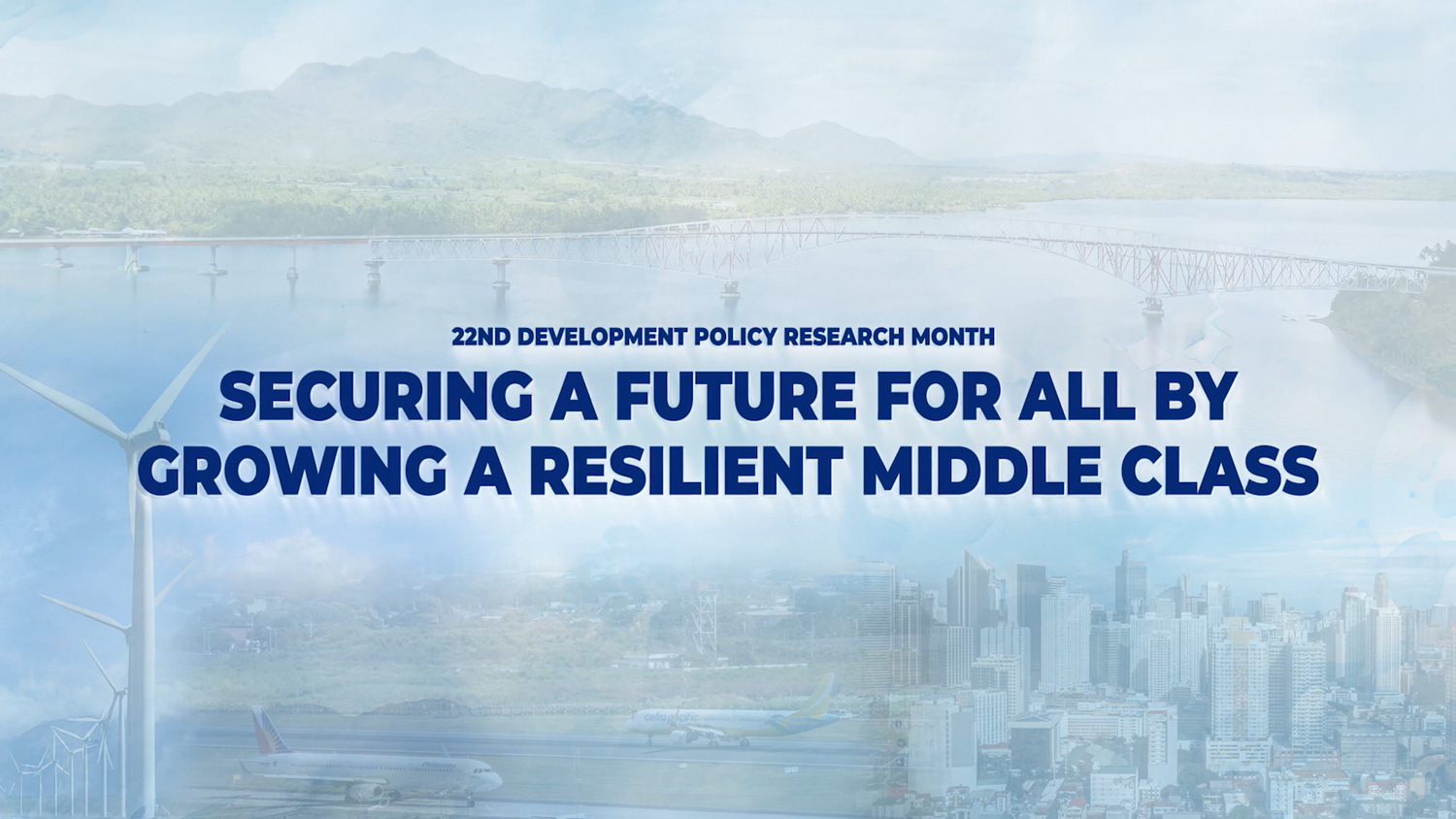The pronouncement of President Aquino in various occasions, including in his recent State of the Nation Address, that the priority of his administration for the next two years is to attain inclusive development for the country clearly reflects the increasing importance of inclusive development to the national government’s development agenda.
Aptly translated “Kaunlaran Para sa Lahat”, inclusive development advocates for broad-based development where wealth is not concentrated in the hands of a few and where all members and sectors of society can access opportunities, share in the benefits of economic growth, and participate in decisionmaking.
The responsibility of effectively communicating inclusive development to the public as well as operationalizing it according to the mandate of the different agencies is a critical task of government. Differences in its appreciation and understanding can result in programs/projects that do not contribute to inclusive development, gaps in interventions that could further exacerbate current socioeconomic ills, or program duplications that can cause resource waste. It is thus necessary for government agencies to have a coherent understanding and common appreciation of inclusive development.
This seminar-workshop organized by the National Research Council of the Philippines (NRCP) and the Philippine Institute for Development Studies (PIDS) is aimed at contributing to a clear understanding and mutual appreciation of inclusive development and promote inter-agency collaboration in its adoption and implementation. More specifically, it seeks to achieve the following objectives:
1. To better understand the important aspects of inclusive development;
2. To appreciate the role of research in the crafting of evidence-based policies geared toward inclusive development;
3. To understand the importance of planning tools such as grassroots participatory budgeting in the pursuit of inclusive development; and
4. To identify possible next steps in more effectively operationalizing inclusive development in the context of agencies’ program, activities, and projects.
Aptly translated “Kaunlaran Para sa Lahat”, inclusive development advocates for broad-based development where wealth is not concentrated in the hands of a few and where all members and sectors of society can access opportunities, share in the benefits of economic growth, and participate in decisionmaking.
The responsibility of effectively communicating inclusive development to the public as well as operationalizing it according to the mandate of the different agencies is a critical task of government. Differences in its appreciation and understanding can result in programs/projects that do not contribute to inclusive development, gaps in interventions that could further exacerbate current socioeconomic ills, or program duplications that can cause resource waste. It is thus necessary for government agencies to have a coherent understanding and common appreciation of inclusive development.
This seminar-workshop organized by the National Research Council of the Philippines (NRCP) and the Philippine Institute for Development Studies (PIDS) is aimed at contributing to a clear understanding and mutual appreciation of inclusive development and promote inter-agency collaboration in its adoption and implementation. More specifically, it seeks to achieve the following objectives:
1. To better understand the important aspects of inclusive development;
2. To appreciate the role of research in the crafting of evidence-based policies geared toward inclusive development;
3. To understand the importance of planning tools such as grassroots participatory budgeting in the pursuit of inclusive development; and
4. To identify possible next steps in more effectively operationalizing inclusive development in the context of agencies’ program, activities, and projects.
Gallery Images:

